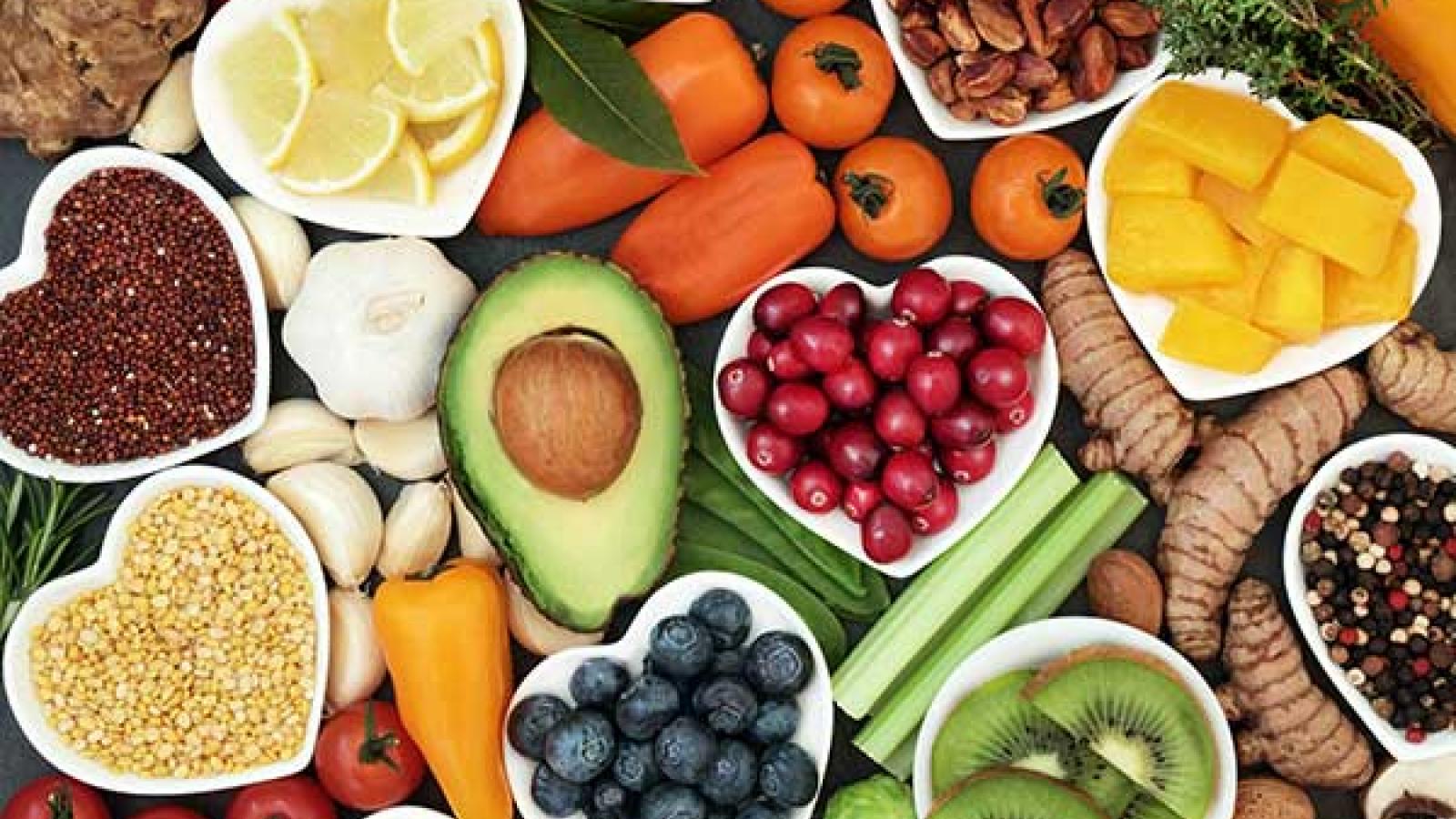Blood thinners are a class of medication prescribed to prevent blood clots from forming in the body. While they are an important tool in preventing serious health complications, they can also pose a risk for bleeding if not taken as directed.
There are many different types of blood thinners available such as warfarin, and each one comes with its own set of rules and guidelines for use. It’s important to follow the instructions of your prescribing doctor when taking blood thinners, as well as to be aware of any foods that may interact with them.

In this article, we’ll discuss 11 different foods that you should avoid while taking blood thinners.
So, without further ado, let’s begin!
-
Cabbage
Cabbage is a leafy green vegetable that is often used in salads and slaws. It contains a compound called Vitamin K, which helps your blood clot.
When you are on blood thinners, you need to be careful of foods high in Vitamin K like cabbage. Eat it in moderation or avoid it altogether to prevent any issues.
-
Garlic
Garlic is a common cooking ingredient that can also thin your blood. It contains allicin, which is known to have blood-thinning properties.
Be careful of how much garlic you consume while on blood thinners, as it could increase your risk of bleeding.
-
Cranberries
Cranberries are a tart, red fruit that is often used in juices and sauces. They contain a substance called proanthocyanidins, which can interfere with the way blood thinners work in your body.
It’s best to avoid cranberries or consume them sparingly while taking blood thinners.
-
Grapes
Grapes are sweet, juicy fruit that can be eaten fresh or made into wine. Like cranberries, grapes contain proanthocyanidins which can interfere with blood thinners.
It is best to limit your intake of grapes or avoid them altogether while taking blood thinners.
-
Kiwi
Kiwi is a small, green fruit with a furry exterior and a juicy interior. It’s rich in Vitamin C, which is an important nutrient for your body.
However, kiwi also contains a small amount of Vitamin K, which can interact with blood thinners. Eat kiwi in moderation or avoid it altogether while taking blood thinners.
-
Soy
Soy is a type of bean that is used in many different food items such as tofu, soy milk, and soy sauce.
It contains a compound called genistein, which may interfere with the way blood thinners work in your body. It’s best to avoid soy or consume it sparingly while taking blood thinners.
-
Licorice
Licorice is a root that is often used to flavor candy, tea, and supplements. It contains a compound called glycyrrhizin, which can interact with blood thinners and increase the risk of bleeding.
Before consuming licorice, check with your doctor to make sure it is safe for you to do so.
-
Spinach
Spinach is a leafy green vegetable that is often used in salads and cooked dishes. It contains a compound called Vitamin K, which helps your blood clot.
When you are on a warfarin diet, you need to be careful of foods high in Vitamin K, like spinach. Eat it in moderation or avoid it altogether to prevent any issues.
-
Broccoli
Broccoli is a nutrient-rich vegetable that is often used in salads and cooked dishes. Like spinach, broccoli contains Vitamin K, which can interact with blood thinners.
It’s best to eat broccoli in moderation or avoid it altogether while taking blood thinners. Consult with your doctor to see how much broccoli is safe for you to eat.
-
Cauliflower
Cauliflower is another nutrient-rich vegetable that is widely used in cooking.
It contains Vitamin K like spinach and broccoli, so it’s best to limit your intake or avoid it altogether while taking blood thinners. Consult with your doctor to see how much cauliflower is safe for you to eat.
-
Nuts
Nuts are a popular snack food that comes in a variety of forms. They’re high in protein and healthy fats, but they also contain Vitamin K.
Nuts can interact with blood thinners, so it’s best to limit your intake or avoid them altogether while taking blood thinners.
Keep Yourself Safe and Healthy
Blood thinners are important medications for many people, but they must be careful about the foods they eat while on them.
These eleven foods can interact with blood thinners in ways that might negate their effects or even cause dangerous health problems.
By knowing what to avoid, you can keep your medication working properly and help prevent dangerous health complications.
